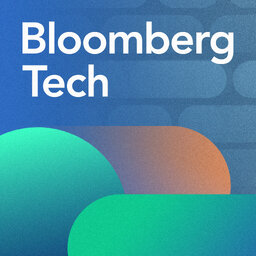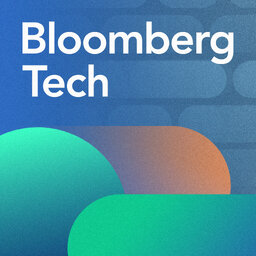Sam Returns to OpenAI and Nvidia Earnings Beat Estimates
Bloomberg's Ed Ludlow breaks down the changes at the AI company as Sam Altman takes back the helm after his shock ouster. Plus, chipmaker Nvidia tops earnings estimates but fails to meet loftier expectations from investors, and Binance's CEO pleads guilty to criminal charges.
 Bloomberg Tech
Bloomberg Tech


